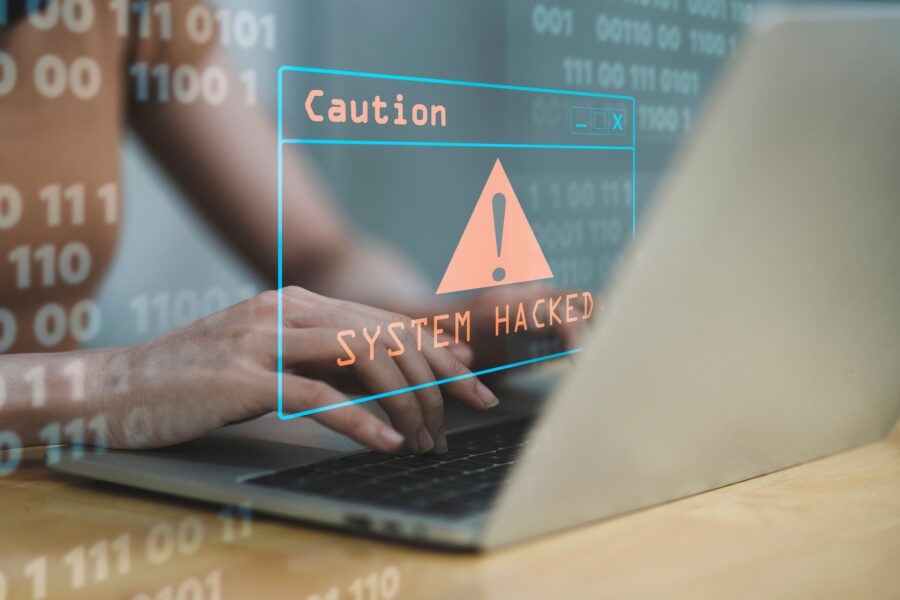Have I Been Hacked?
Electronic devices such as smartphones and laptops are valuable tools that can greatly enhance your life, and in today’s digital world most of us have some sort of smart technology. As technology advances, so do the risks of your electronics being remotely hacked. Therefore our devices require attention and security measures to protect against potential threats.
By being aware of the signs of hacking and taking prompt action, you can help safeguard your digital life and personal information from cybercriminals. Here are some signs that will help you identify if you have been hacked, and the action to take.
SIGNS YOUR DEVICE MAY HAVE BEEN HACKED
Unusual behaviour
One of the most common signs that your technology has been hacked is unusual behaviour. This can include your mobile phone switching off for no reason, sending messages or making calls on its own, opening apps by itself, and other erratic behaviour.
Pop-ups and ads
An increase in pop-up ads while browsing the internet can be a sign your technology is compromised. Pop-ups often are used to push malicious software onto your device or steal your personal information.
Slow performance
A hacked device can become very slow. If your smartphone or laptop suddenly starts being slow and unresponsive this could be due to malware or a hacker.
Unusual banking activity
Regularly check your bank and credit card statements. Unauthorised charges and withdrawals can indicate a breach. Report any unusual activity immediately.
Password problems
If your passwords are constantly changing without your knowledge, or if you get locked out of your accounts despite entering the correct credentials, someone may have gained unauthorised access. Hackers often change passwords to take control of your accounts.
Password reset notifications
If you receive a password reset text or email it often highlights that someone is trying to gain access to your accounts. Only change your password details directly on the website or app, never click on a link that is provided.
Excessive data usage
Keep track of your data usage. If you notice an unexpected increase in data consumption, it could be due to malware or a hacking attack. Hackers might be using your device to transmit data or perform illegal activities.
New software on your computer
If you find new software has been installed on your devices this could have been done by a hacker, to possibly take over existing software or to disable antiviruses that you have installed.
ACTION TO TAKE IF YOU SUSPECT YOU HAVE BEEN HACKED
Disconnect from the internet
If you suspect a hack, disconnect your device from the internet to prevent any further unauthorised access.
Change passwords
Change the passwords for all your accounts, starting with your email and financial accounts. Use strong, unique passwords for each account.
Update software
Ensure that your device’s operating system and all apps are up to date. Manufacturers often release updates to patch security vulnerabilities.
Install security software
Consider installing reputable antivirus and anti-malware software to scan and remove any malicious programs.
Contact support
If you’re unable to regain control of your device or accounts, contact the manufacturer or service provider for guidance.
Monitor your accounts
Regularly monitor your financial accounts and online activity for any signs of suspicious behaviour and contact your financial institutions at the first sign of hacking.
Our personal information is a valuable. Once our information has been obtained it may be held for days, weeks, months, or even years before possibly being traded on the dark web. Therefore, it’s important to be proactive and take all precautions to protect your personal information.


Interested in similar articles? Why not check these out:
Sources: https://www.abc.net.au/news/2022-10-28/how-do-i-check-if-i-ve-been-hacked-what-should-i-do/101584132 , https://www.safewise.com/au/signs-you-have-been-hacked/











